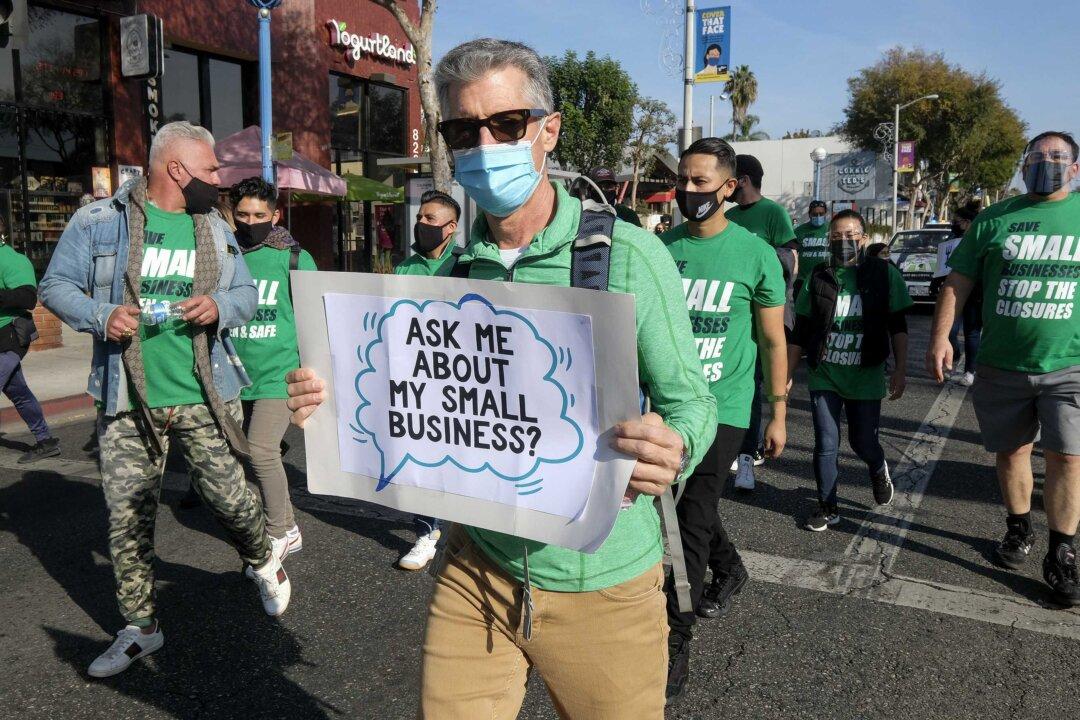Commentary
As power brokers in Washington continue to negotiate the terms of the biggest single spending package in American history, an important player is not at the table—or even in the room.

As power brokers in Washington continue to negotiate the terms of the biggest single spending package in American history, an important player is not at the table—or even in the room.